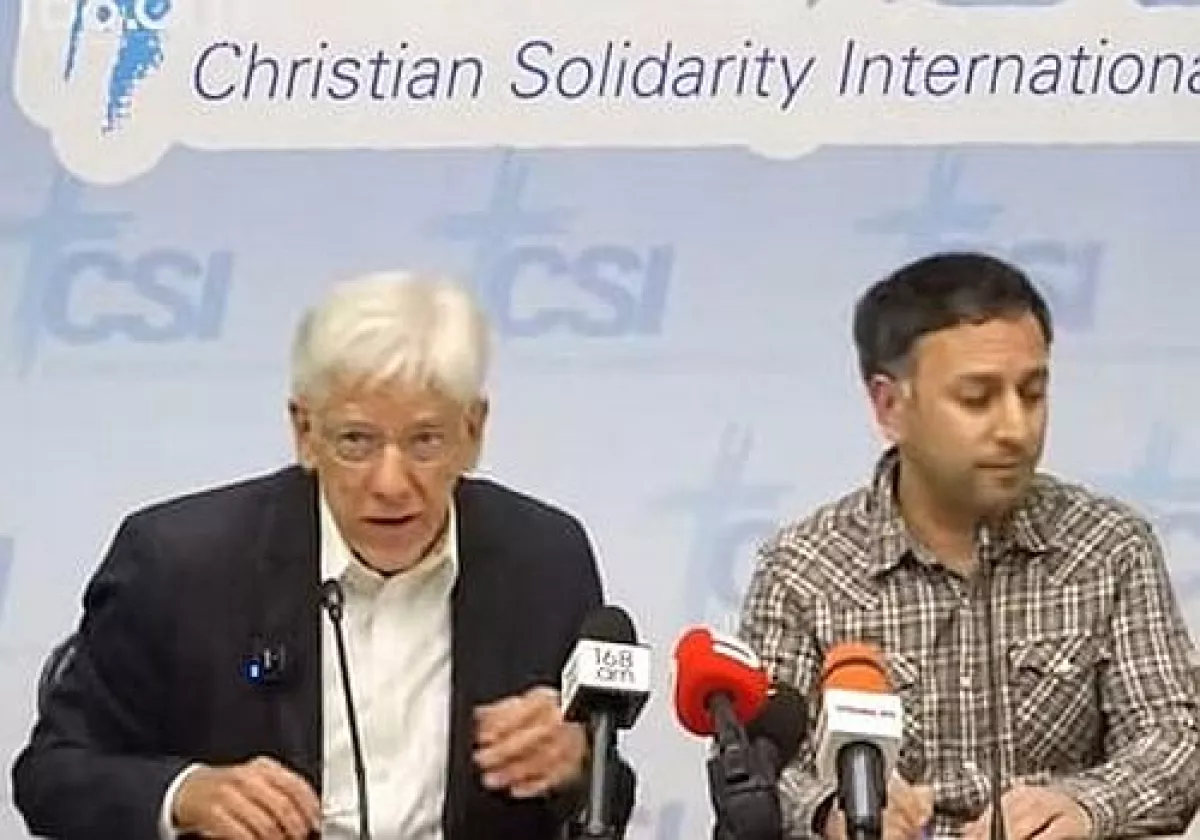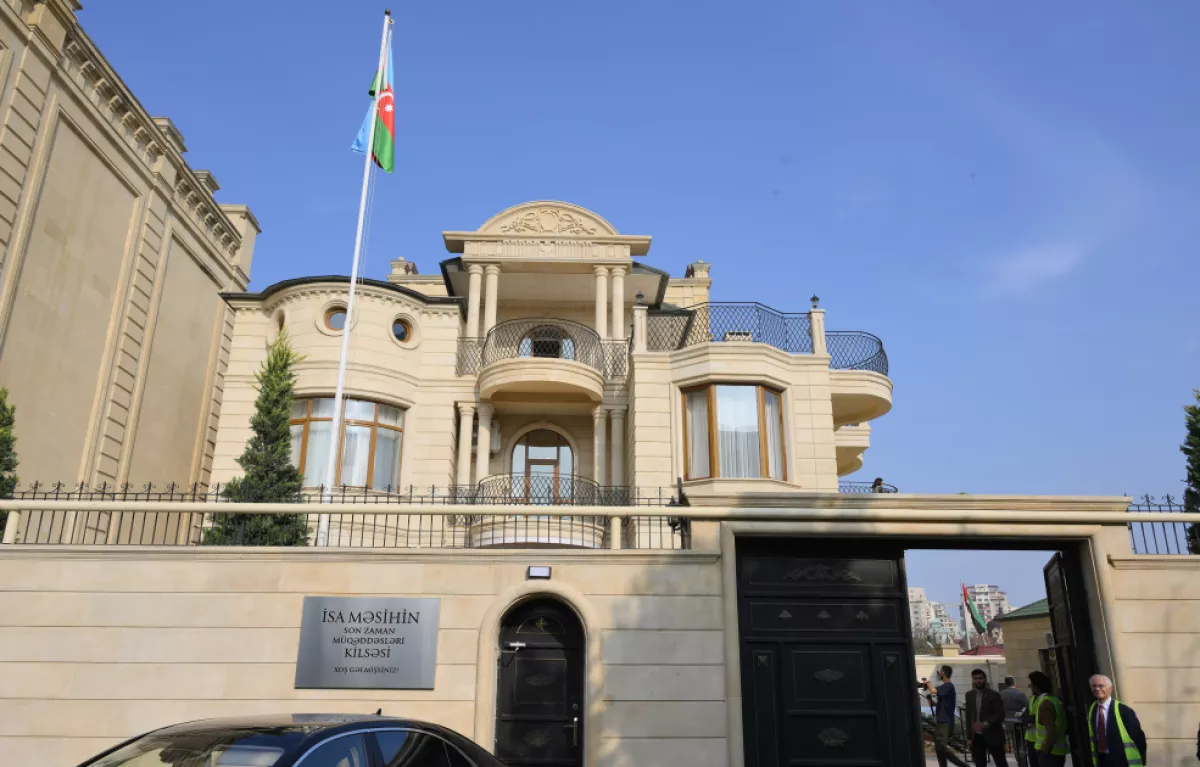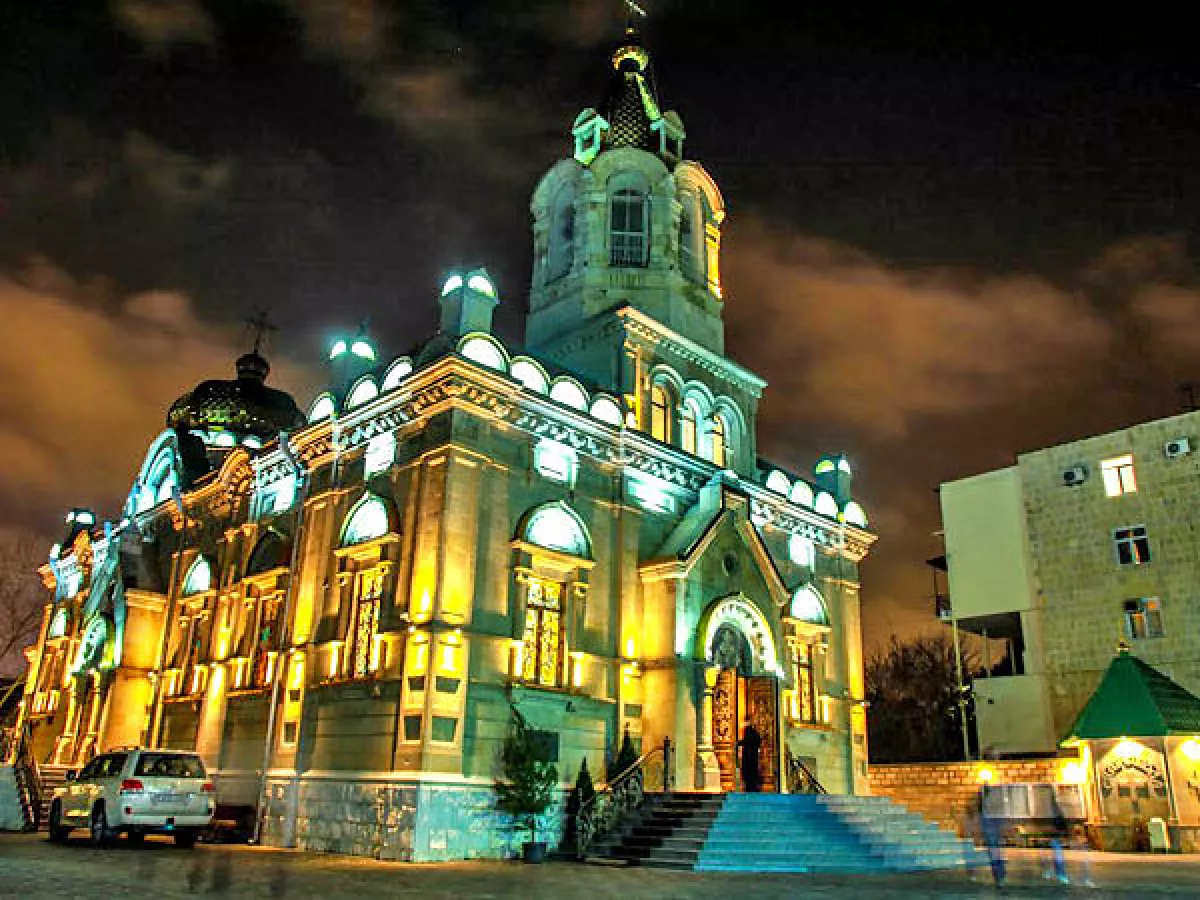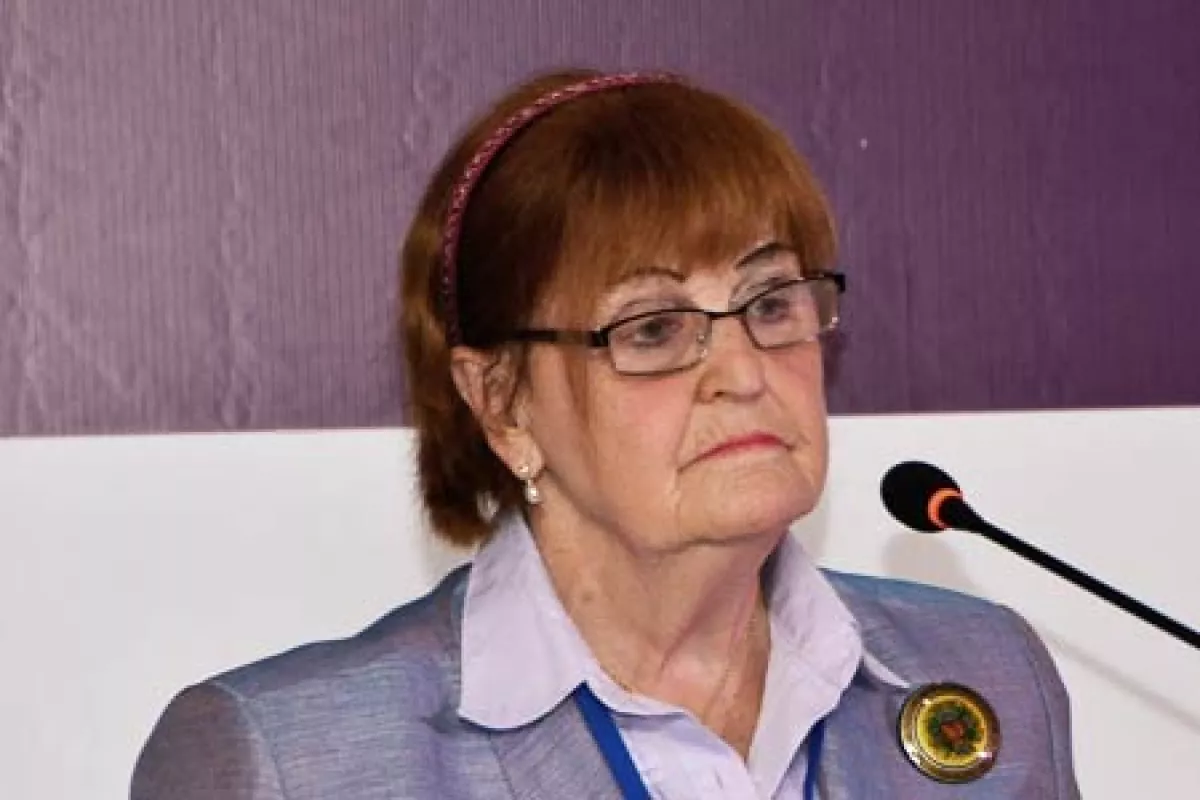The never-ending chorus of anti-Azerbaijani lies From Cox to CSI
Over the years of its independence, Azerbaijan has repeatedly been the target of false accusations, information manipulation, and discrediting campaigns by Armenia, the global Armenian diaspora, and those who have enlisted to serve them.
It is hardly surprising that these forces continue to cash their checks to this day, especially after Azerbaijan fully restored its sovereignty and territorial integrity following the 44-day war in 2020 and the one-day counterterrorist operation in the Karabakh region in September 2023. The global Armenian network and its hired agents feel defeated.
Recently, one of them decided to raise their voice: speaking at a press conference in Yerevan, the president of the Christian Solidarity International (CSI), John Eibner, made a statement that became a balm for Armenian revanchists—clearly not for free. He claimed that “the people of Nagorno-Karabakh were subjected to a religious cleansing, but now we see that the Republic of Armenia itself is facing a threat to its existence.”

This single statement is enough to understand that we are dealing with a mere relay of fake news about Azerbaijan. Let’s start with the fact that there was no such thing as a “people of Nagorno-Karabakh”; there were Armenians illegally residing in the temporarily occupied territories of Azerbaijan, who refused to recognise Azerbaijani law and created illegal armed formations on its territory.
As for the CSI president’s lament over the so-called “religious cleansing,” which he accuses the country of, it is complete nonsense. Azerbaijan is known worldwide as a model of multiculturalism and tolerance. A striking example is the village of Red Village in the Guba district of the country, where Jews have lived compactly for centuries in an atmosphere of peace and neighbourliness.

Here is another example. Last week, a ceremony was held in Baku to inaugurate the office of The Church of Jesus Christ of Latter-day Saints. The event was attended by Ramin Mammadov, Chairman of the State Committee for Work with Religious Organizations of Azerbaijan; David Bednar, member of the Quorum of the Twelve Apostles; Jack Gerrard, member of the Quorum of the Seventy and First Counsellor of the Central European Regional Office; Miles Hansen, President and Chairman of the Board of the Sterling Foundation; and Paul Pickard, member of the Quorum of the Seventy for Central Europe and Eurasia.
The Church of Jesus Christ of Latter-day Saints was officially registered in the country in 2024, marking an important step in the development of interfaith dialogue and demonstrating the government’s commitment to ensuring freedom of religion.

Since the first years of its independence, Azerbaijan has consistently supported religious communities and spiritual centres, ensuring equal conditions for all. Orthodox and Catholic churches have been restored in Baku and across the regions, synagogues and Catholic churches are operational, and the state provides annual financial assistance to all religious communities in the country, as well as support for restoration projects and spiritual-educational activities.
Thus, there was no religious factor in the Armenian–Azerbaijani conflict; what took place was Armenia’s occupation of 20% of Azerbaijani territory. In other words, the neighbouring country was guided by expansionist plans, while it could use any pretext to justify them, including religion. Yet those who blow that horn look both ridiculous and grotesque—especially in light of the sharp confrontation between the current Armenian leadership and the Armenian Church.

However, John Eibner revealed his true nature himself when he noted that CSI first became involved with Armenian issues in the early 1990s, stating literally: “We travelled together with Lady Cox, who knew many people here, in Armenia.” That is where everything falls into place. Before us is an associate of British Baroness Caroline Cox, who for decades acted as a mouthpiece for Armenian propaganda, justifying the occupation of 20% of Azerbaijan’s territory, the genocide in Khojaly, ethnic cleansings, and the displacement of hundreds of thousands of Azerbaijanis from their native lands.
For her, for Eibner, and for the long line of troubadours of anti-Azerbaijani propaganda—these sycophants of the global Armenian network—the real tragedy is that the Azerbaijani state independently implemented four UN Security Council resolutions, liberated all its lands, restored its sovereignty and territorial integrity, and today, as a victorious country, sets the rules of the game in the South Caucasus region.








